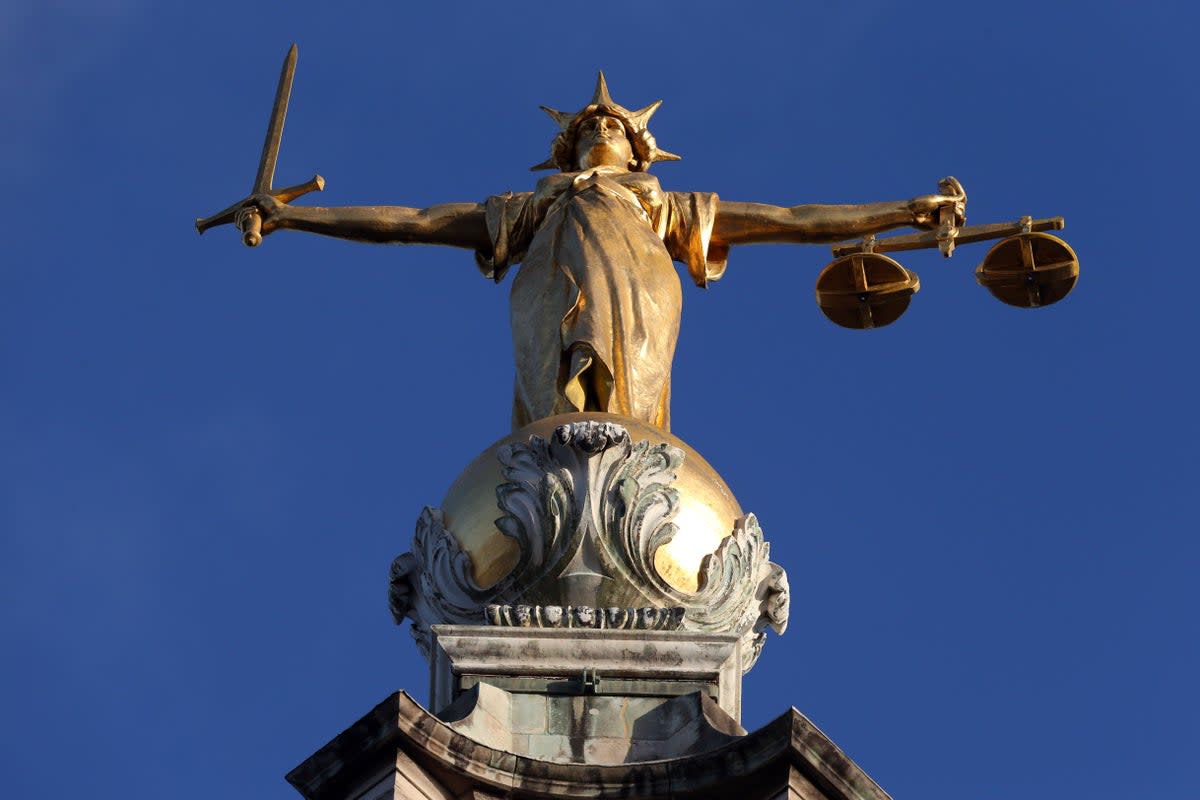Judge to decide if brain-damaged teenager can be allowed to die

A High Court judge has been asked to decide whether a teenager who suffered brain damage after an “apparent suicide attempt” can lawfully be allowed to die.
Mrs Justice Morgan, who has begun considering the case at private hearings in the Family Division of the High Court in London, has been told that the teenager is in a hospital intensive care unit after suffering “severe global brain damage”.
Hospital bosses have asked her to make decisions about whether doctors can lawfully stop providing life-support treatment.
The teenager’s mother on Thursday persuaded the judge to delay decisions until the new year so she and her other children could have “as normal and as peaceful” a Christmas as possible.
Mrs Justice Morgan indicated that she aimed to make decisions about what moves were in the teenager’s best interests following a trial in January.
She said journalists could report the case but imposed wide-ranging restrictions.
The teenager’s mother made no application for an order allowing her child to be named in media reports and Mrs Justice Morgan ruled that neither the teenager nor the hospital trust involved could be identified.
The judge said journalists could report that the teenager, who is at a hospital in southern England, had made an “apparent suicide attempt”.
A barrister who led the mother’s legal team asked Mrs Justice Morgan to delay a decision until after Christmas.
“It is hard to think of a sadder reason to come to court than for a mother to seek an adjournment of a hearing, which will determine whether an order should be made leading to the death of her child, until after Christmas,” John McKendrick KC told Mrs Justice Morgan in a written case outline.
“This is the stark and necessary context, however of (my client’s) submission that the forthcoming substantive application is adjourned to permit as normal, and as peaceful, a Christmas for her … children.
“A Christmas which will have the best chance of preserving family memories.”
Mrs Justice Morgan granted Mr McKendrick’s application.
Earlier this year, a 12-year-old boy died after a High Court judge ruled that doctors could end life-support treatment.
Archie Battersbee was found unconscious with a ligature over his head at home in Southend, Essex, in April, a High Court hearing was told. An inquest is due to take place in February.
A coroner recently said, at a preliminary inquest hearing, he had seen no evidence that Archie was taking part in any online blackout challenge but had been told that police found messages on the youngster’s phone reflecting “very low mood”.
An amendment to the Online Safety Bill has been proposed that would help bereaved parents access data about their child’s social media activity which could shed more light on their deaths.
Baroness Beeban Kidron said she will table amendments in the House of Lords that would require tech firms to supply such data.
The move comes after the inquest into the death of 14-year-old Molly Russell concluded that social media content she viewed contributed to her death “in a more than minimal way”.
Molly killed herself in November 2017 after viewing content linked to depression, self-harm and suicide.


